Chronic Disease Management
Chronic Disease Management provides central/national care pathway plans and recommendations to healthcare professionals for the diagnosis, monitoring and management of chronic diseases. The system provides personalized treatment directives aimed at controlling symptoms and signs with appropriate treatment plans based on national clinical guidelines. It supports healthcare professionals in a non-invasive manner and focuses on shared ongoing care plan management with multidisciplinary teams, patients and caregivers.
Benefits and Innovations
Chronic Disease Management provides patients with access to personalized treatment plans, offering guidance and support to help them take an active role in managing their health. The system empowers multidisciplinary care teams by offering personalized risk assessments and intelligent recommendations to assist healthcare professionals in identifying risks and diagnosing diseases early. It facilitates continuous monitoring of chronic diseases with recommendations aligned to national clinical guidelines and enables the tracking of patient statuses through up-to-date clinical indicators. Seamless integration with Electronic Health Records (EHR) via HL7 FHIR-based interfaces ensures uninterrupted data flow. It supports healthcare professionals in creating shared care plans and managing transitions of care.
Benefits
- Screening and Monitoring of Diseases
- Treatment Effectiveness Tracking
- Risk Assessment & Diagnosis
- Care Plan Management
- Data-Driven Recommendations
- Improved Health Outcomes
- Cost Efficiency
- Preventive Health Strategies
- Patient Safety
- Integration with Tiga’s PHR
Innovations
- Health Data Tracking
- Personalized Chronic Disease Management
- Seamless External System Integrations
- Customized Care Pathways Based on National Guidelines
- Comprehensive National Disease Registry Data Collection
Personalized Treatment Aligned with National Guidelines:
Chronic Disease Management
Chronic Disease Management introduces an innovative approach by offering personalized care plans aligned with national clinical guidelines. The system integrates with Electronic Health Records (EHR) and healthcare networks, providing real-time data access to improve patient tracking. This enables healthcare professionals to make faster and more accurate decisions, making chronic disease management more effective and sustainable.
Features
Centralized Chronic Disease Management
This platform serves as a central hub for managing chronic conditions, aligning patient care across multiple providers. It simplifies the coordination of treatment plans and follow-ups, ensuring consistency with national health guidelines. The system streamlines the healthcare journey for patients, making disease management more efficient and effective.
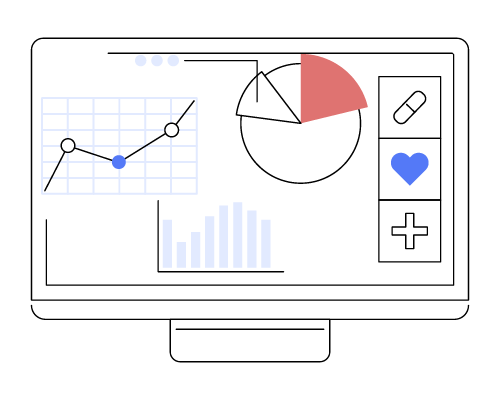
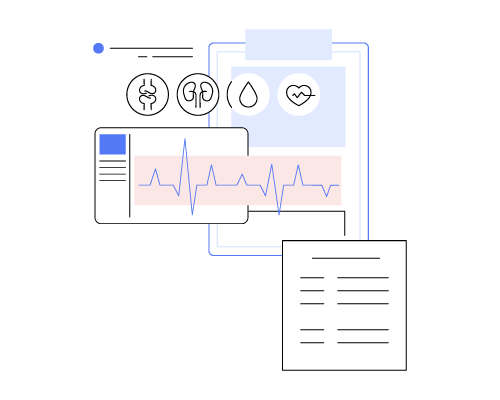
Consistent Treatment Plan
The system fosters collaboration among healthcare professionals by providing a shared platform for patient information and care plans. This ensures that, regardless of which healthcare facility in the country the patient receives services from, all healthcare professionals are aligned with the patient’s treatment goals. Adhering to a single treatment plan facilitates a comprehensive approach to care.
Personalized Care Plans
We enhance detailed patient data and national clinical guidelines to create tailored treatment plans that address individual patient needs. These personalized care plans ensure that patients receive the most appropriate interventions, improving the efficacy of treatments. The system's adaptability allows for adjustments based on patient progress and evolving health conditions.
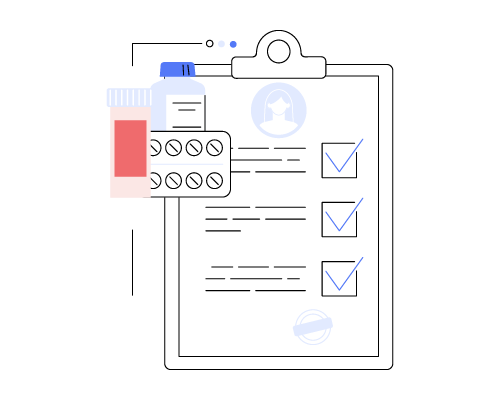
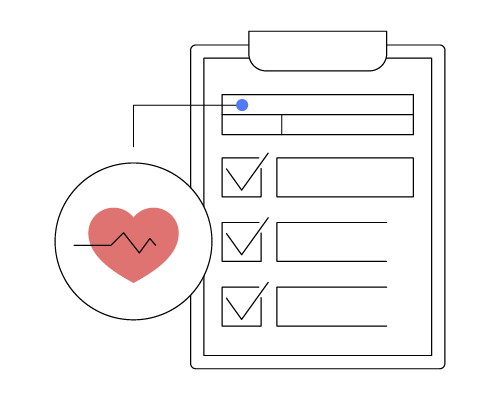
National Clinical Guideline Adherence
The platform is built to align with the latest evidence-based national clinical guidelines, ensuring that all care plans meet the highest standards of healthcare practice. This adherence promotes consistency in treatment approaches and supports healthcare professionals in delivering high-quality care. It also aids in keeping the treatment methods up-to-date with the latest research and recommendations.
Advanced Screening and Monitoring Tools
Utilizing the latest technology in healthcare field, the system offers advanced tools for the early detection and ongoing management of chronic diseases. These tools enable healthcare professionals to monitor patient health more effectively, identifying potential issues before they become serious. The system supports proactive management strategies, enhancing patient safety and treatment outcomes.
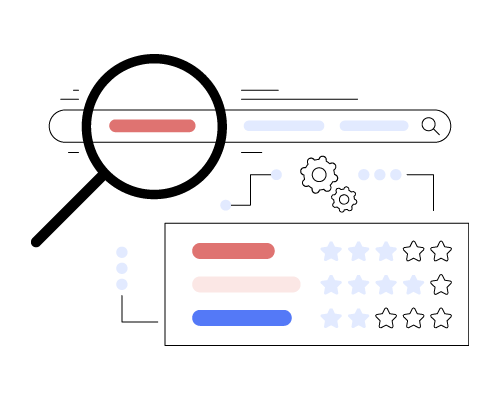
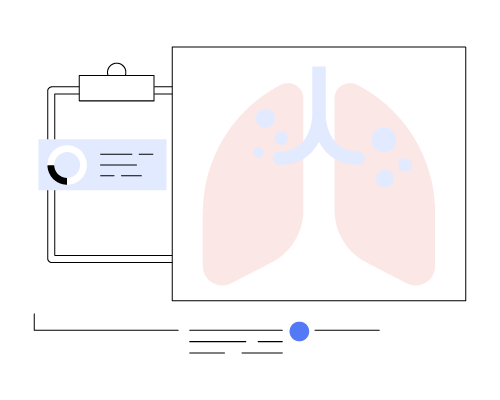
Chronic Disease Management with Automated Data Analysis
In today's healthcare setting, physicians face the challenge of managing chronic diseases within constrained timeframes. Our product introduces an innovative solution that automates the analysis of patient data against established clinical guidelines. This automation ensures no vital treatment recommendation is overlooked, even in brief consultations. By processing and updating patient information, it facilitates the identification of the most appropriate treatment options, guaranteeing that each patient receives comprehensive care tailored to their specific needs.
Seamless Integration with Health Systems
The Chronic Disease Management is designed for seamless integration with a variety of external healthcare systems and data sources. This capability ensures that patient records are comprehensive and up-to-date, providing a complete view of the patient's healthcare history. It simplifies data management and enhances the accuracy of care planning and decision-making.
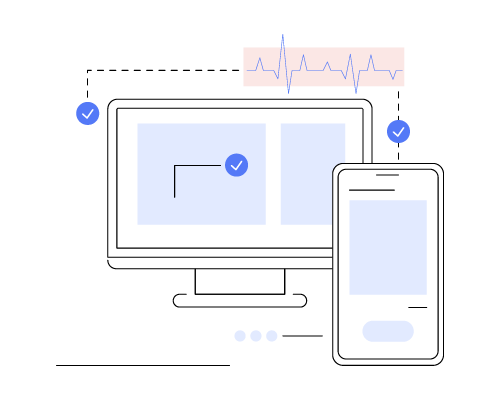
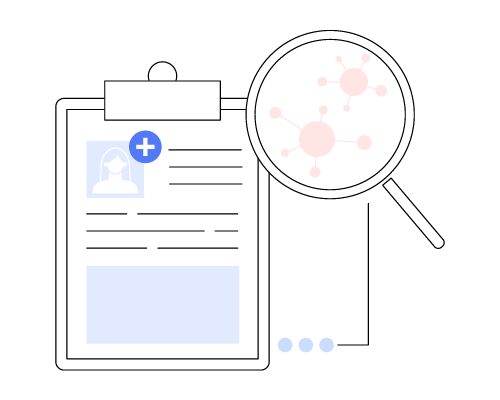
Risk Assessment and Diagnosis
Incorporating analytics, the system assists healthcare professionals in early diagnosis and risk stratification of patients. This feature enables the identification of high-risk individuals, allowing for timely intervention and personalized care strategies. It is crucial for preventing disease progression and improving long-term health outcomes.
Data-Driven Recommendations
By analyzing extensive patient data, the system generates informed recommendations for care management. These data-driven insights support healthcare professionals in making evidence-based decisions, tailoring interventions to achieve the best possible patient outcomes. The system continuously learns from outcomes to refine and improve its recommendations.
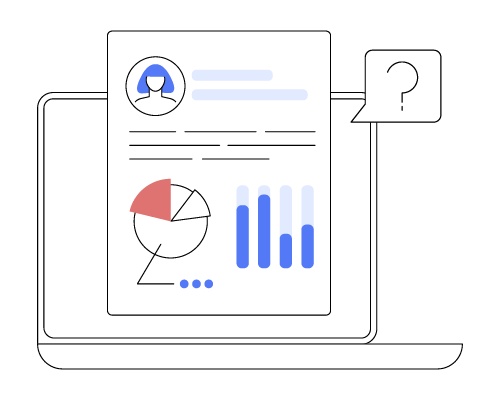
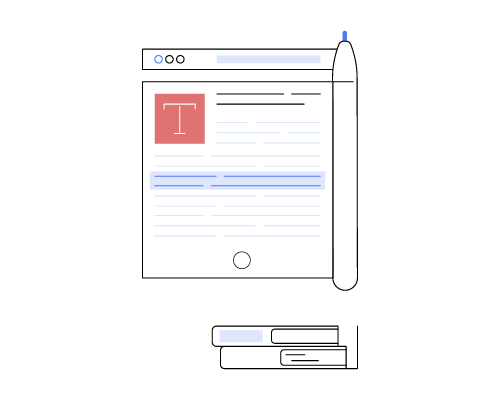
Patient and Professional Education
Recognizing the importance of education in disease management, the platform provides comprehensive resources for both patients and healthcare professionals. These materials are designed to enhance understanding of chronic conditions, treatment options and management strategies. Educating all stakeholders empowers patients and improves the quality of care delivered.
Performance and Outcome Tracking
The system features tools for tracking the effectiveness of treatments and monitoring patient outcomes. This feature allows healthcare providers to assess the impact of care plans and make necessary adjustments. Continuous performance evaluation supports ongoing improvement in care delivery and patient satisfaction.
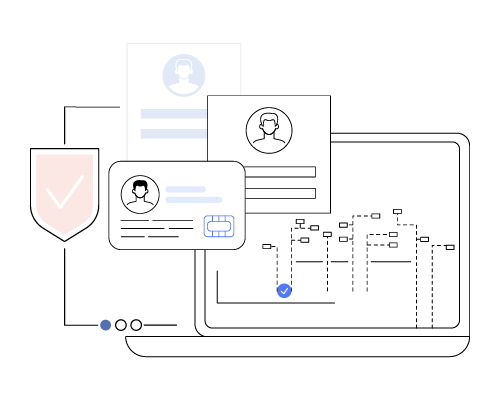
External Integrations
Chronic Disease Management collects and uses data such as air, water, soil and food quality in integration with external institutional systems to manage potential health risks. In this way, the system provides a proactive approach to health and safety by informing healthcare providers and professionals about risky environmental conditions.
Benefits for Patients
Personalized
Treatment
Customized care plans ensure treatments are tailored to individual needs.
Real-Time
Risk Detection
Early health risk detection enables timely interventions that can improve patients' long-term health outcomes.
Educational
Resources
Offers materials to help patients understand their conditions and treatments.
Better
Care
Patients receive well-managed and effective healthcare services, which enhances patient outcomes.
Benefits for Health Professionals
Guideline-Based
Recommendations
Access to national clinical guideline-based personalized treatments to support more informed decision-making.
Treatment
Tracking
Monitoring the effectiveness of patient treatments.
Effective Collaboration and Coordination
Strengthens coordination among teams to ensure effective and continuous service delivery in patient care.
Recommendations and
Notifications
Real-time updates on patient conditions for timely interventions.
Benefits for Healthcare Systems, Providers and Authorities
More Effective and Efficient
Healthcare Delivery
Efficient operations, efficient business processes, reduced workloads and many more.
Enhanced Public Health
Surveillance
Allows healthcare authorities to monitor and respond to emerging public health threats more effectively.
Data-Driven Strategic Decision Making
Provides health authorities and managers with data-driven decision support tools to enhance strategic planning processes.
Optimal Resource Utilization in Healthcare Systems
Ensures more effective and efficient use of resources in healthcare systems through data analytics and reporting tools.
